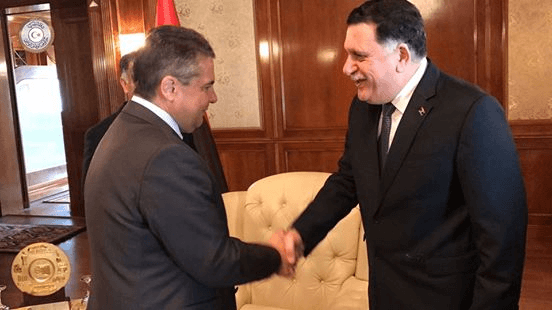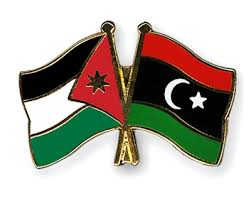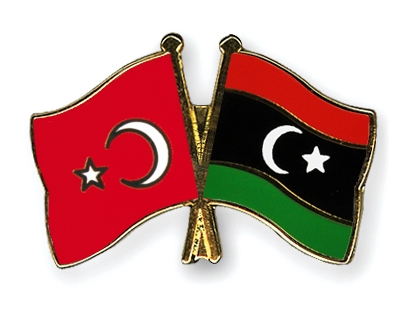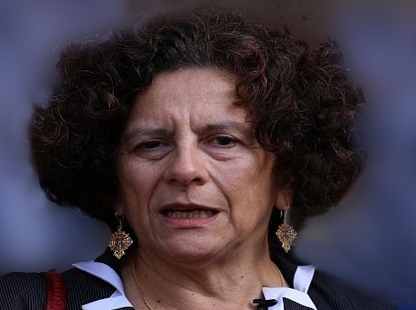By Jamie Prentis.
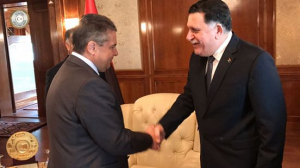
Tunis, 8 June 2017:
Germany’s foreign minister arrived in Tripoli today for largely migration-focused talks with the UN-backed government.
Following a discussion described as “fruitful” with Presidency Council (PC) leader Faiez Serraj, Sigmar Gabriel, who is also Chancellor Angel Merkel’s deputy, insisted Germany still supported the Libya Dialogue and the UN-backed government’s efforts to bring about acceptable comprises to the Libyan Political Agreement.
Last year Germany welcomed some one million migrants. On his arrival in Tripoli, Gabriel said his country’s objective was to “brace ourselves against the tide of instability [in Libya] that has emerged in the absence of sounds structures”.
“In order to achieve our aims, Libya’s deeply divided forces must demonstrate a willingness to compromise and, at long last, commence serious talks on how to implement the Political Agreement,” he said,
Only then could the fighting end; “We are looking to the Government of National Accord under Prime Minister Serraj in this regard,” he said.
However, much of today’s meeting’s looked at illegal migration, with Gabriel often referring to EU-Libyan efforts to stem the tide while giving humanitarian assistance to migrants stuck in Libyan detention centres.
Gabriel promised to give the UN €3.5 million to help improve the conditions in migrant camps. This is in addition to Germany’s earlier donations to the IOM’s €100 million three-year programme. Gabriel said Germany had given the “lion’s share” – €48 million.
At a joint-press conference following the talks, PC foreign minister Mohamed SIala said it was important that Europe did not just focus on Libya’s coastline to prevent migration, but also its 4,000 kilometre southern borde.
The coastguard had to be better equipped and trained, but so did security in the southern border regions, Siala added.
Nonetheless, he insisted the government was doing all it could to overcome the view held in the west that Libya was a constant source of terrorism and illegal migration.
Gabriel then joined his fellow German, the UN envoy Martin Kobler in a tour of the Trik Al-Sikka detention centre. Kobler, who often visits this camp, said it was “important to show terrible conditions there and help Libyans improving living conditions there. It’s also crucial to tackle the root causes in departing countries”.
Gabriel also had a meeting with State Council (SC) head Abdulrahman Sewehli. According to an SC statement Sewehli demanded the Germany as the leading player in the EU put pressure on “regional forces” which were interfering in Libya’s affairs.
The SC head also told Gabriel that though Libyans were solidly behind the battle against terrorism, the use of the term “counter-terrorism” by “special political interests would prolong the war on terror and diminish its effectiveness”.


